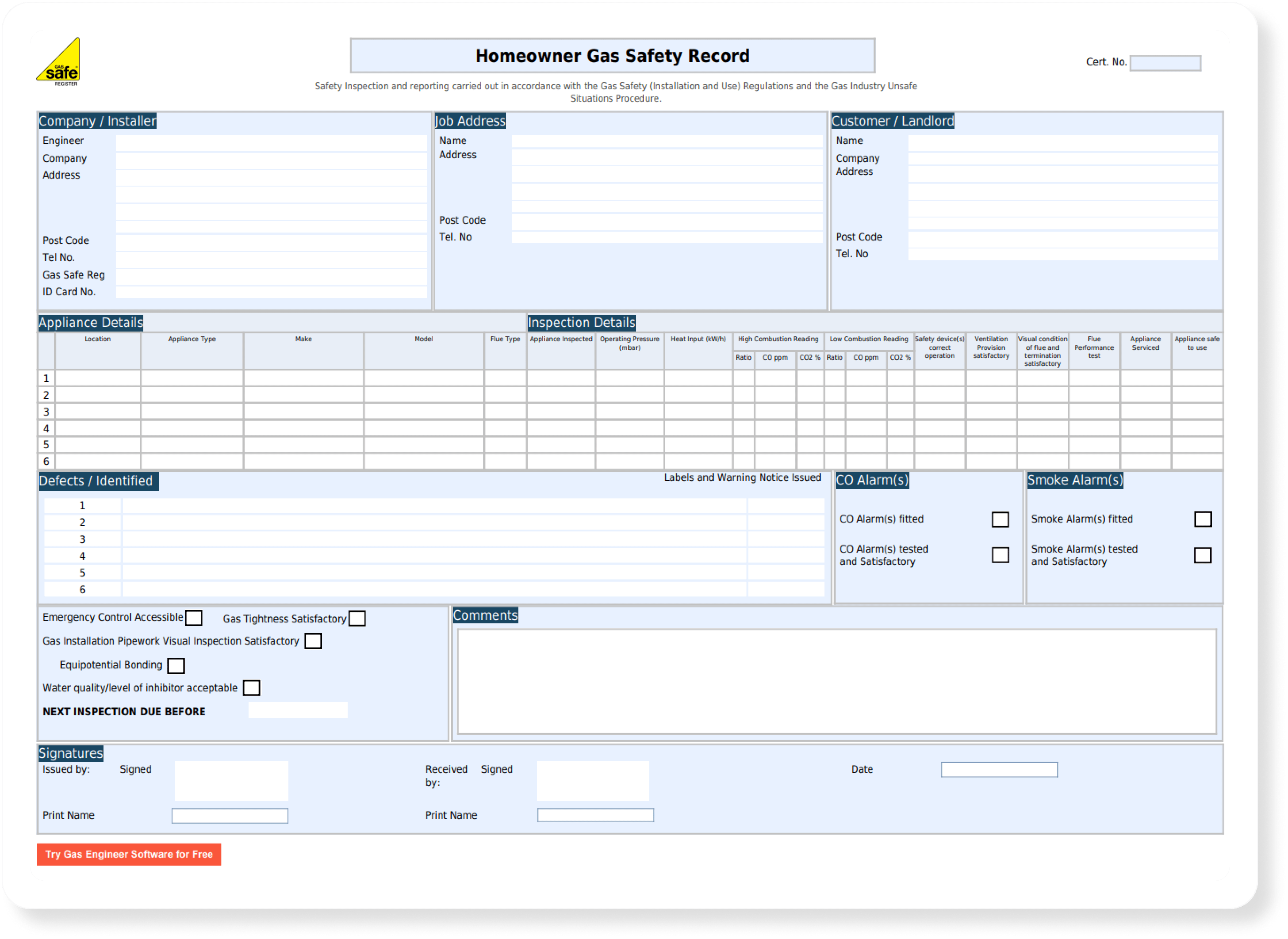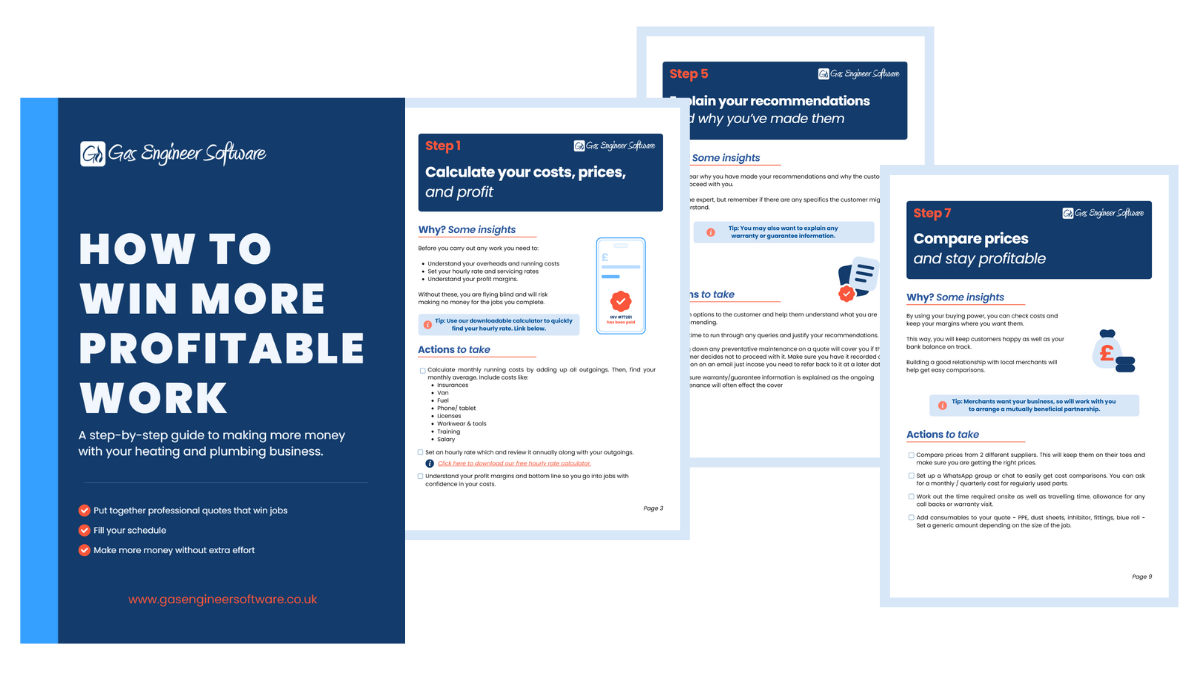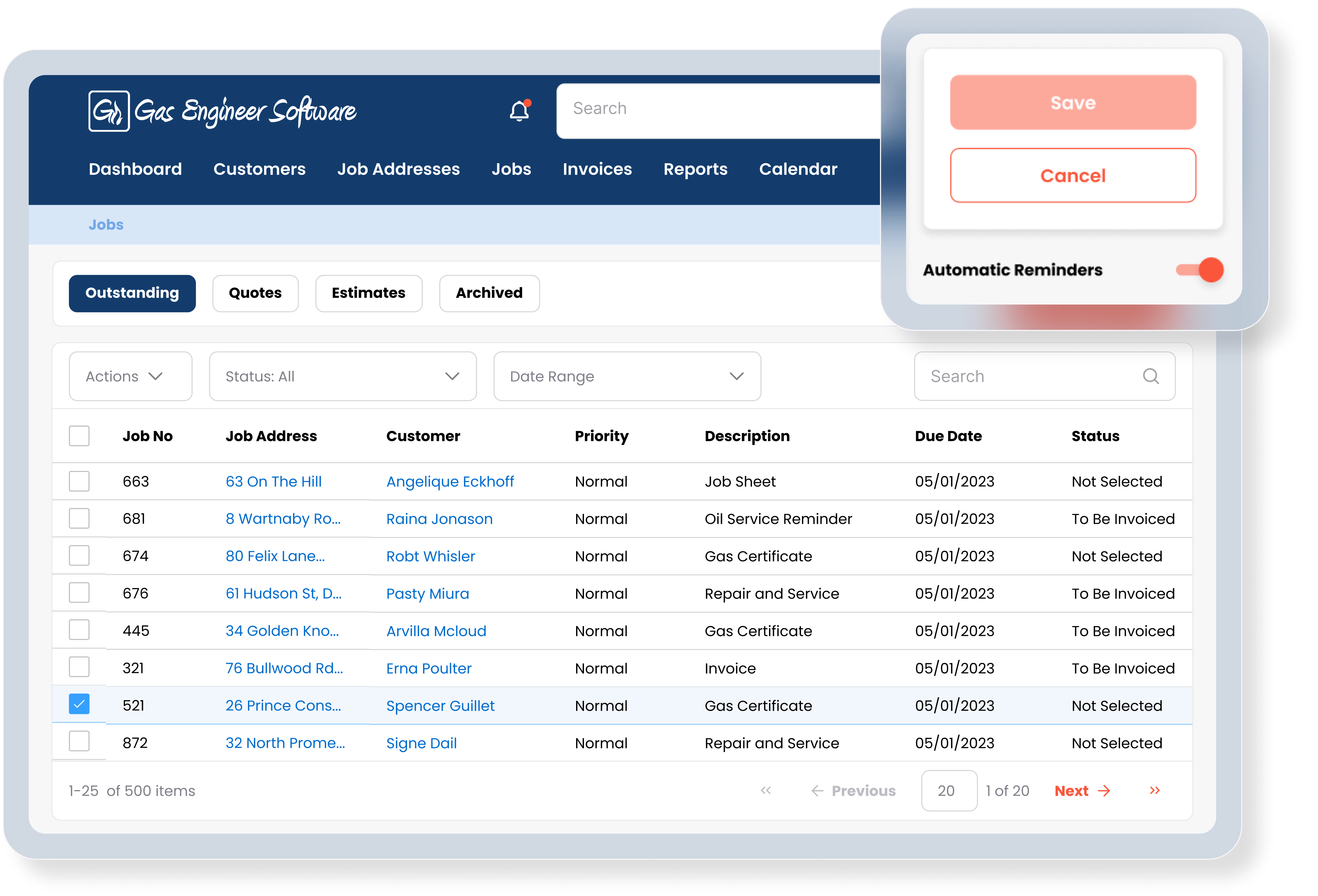How To Sell A Heating & Plumbing Business

Most heating and plumbing business owners spend years growing their company and reputation into something that supports them and their families — but all things come to an end. Eventually, every owner has to face the choice of handing over their business, shutting it down, or selling it.
The good news is that all heating & plumbing businesses, big or small, have value. If you don’t have someone to take over the business’ daily operations (typically a family member or trusted employee), selling it is a great alternative and you’ll get a nice payout for all the hard work you’ve put into it over the years.
We recently had Doug D’Aubrey from ETC Limited on the FieldRocket Podcast. In this article, we’ve compiled his advice to cover the basics of selling a heating & plumbing business:
How to sell your heating & plumbing business, step-by-step
There are 5 main steps to selling a heating & plumbing business, but the whole process can take up to several years. It’s always a good idea to have your exit strategy planned well in advance in case you need to make adjustments to the business strategy and daily operations.
Step #1: Get a valuation
The very first step is to get someone to assess the value of your business. This isn’t something that can be easily done yourself, and it’ll pay off to get a professional valuation.
Plenty of businesses offer this service, but a great place to start is to ask your accountant. They’ll analyse your finances including profit/loss, overheads, assets, liabilities, and more.
If you have employees, your company’s value can be easier to picture. However, for a smaller business, most of the value will come from your reputation, client list, and any servicing contracts you might have with customers.
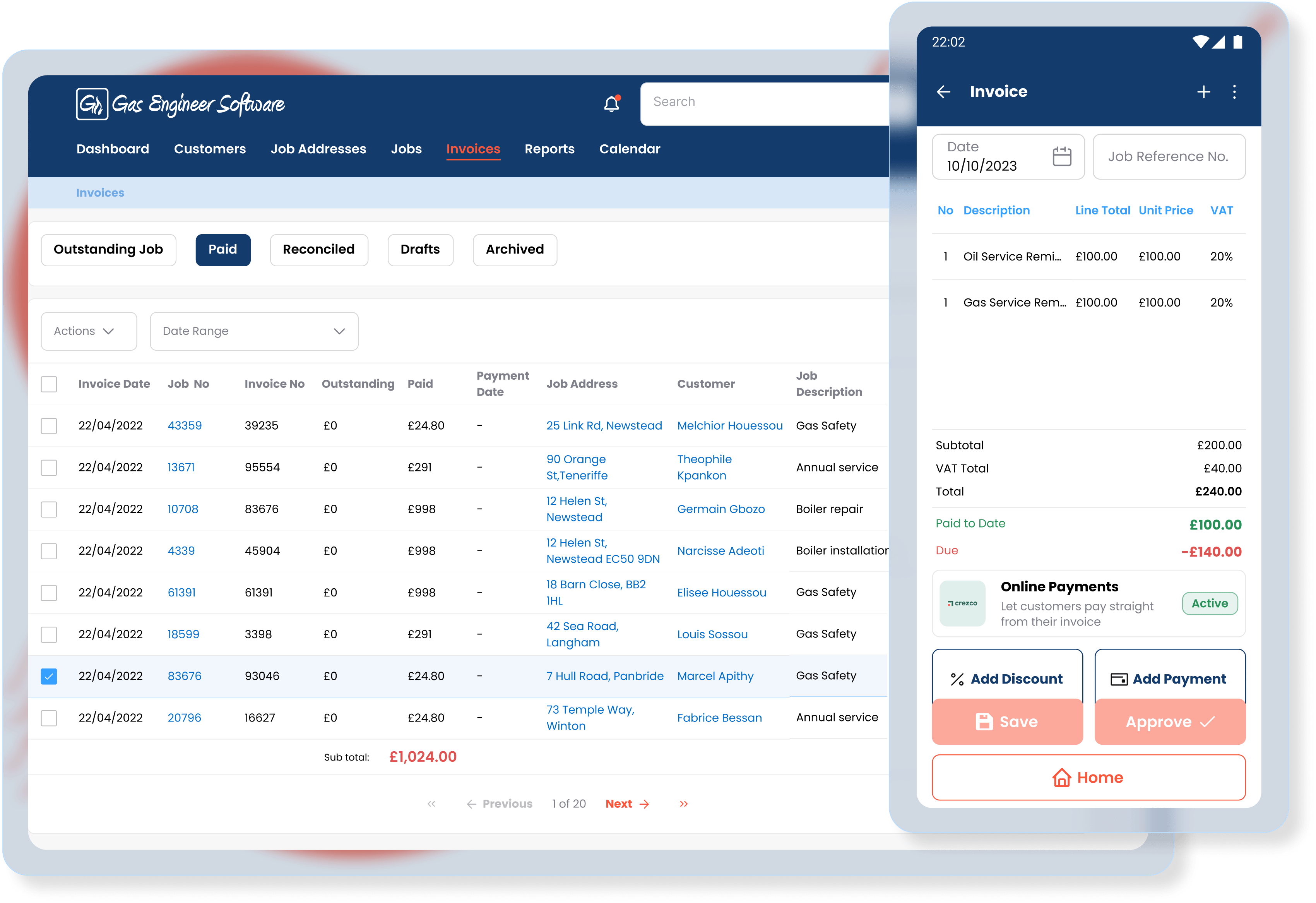
Step #2: Look at the business finances
- How much money the business is making
- How much money you’re taking out of the business (as salary or otherwise)
- If you have employees, whether the business can operate without you
- What the growth trajectory is like (is the business growing, or shrinking?)
Understanding your business’s finances will help you immensely in the next step. If you aren’t already, using software will ensure all your accounts and records are organised and streamlined.
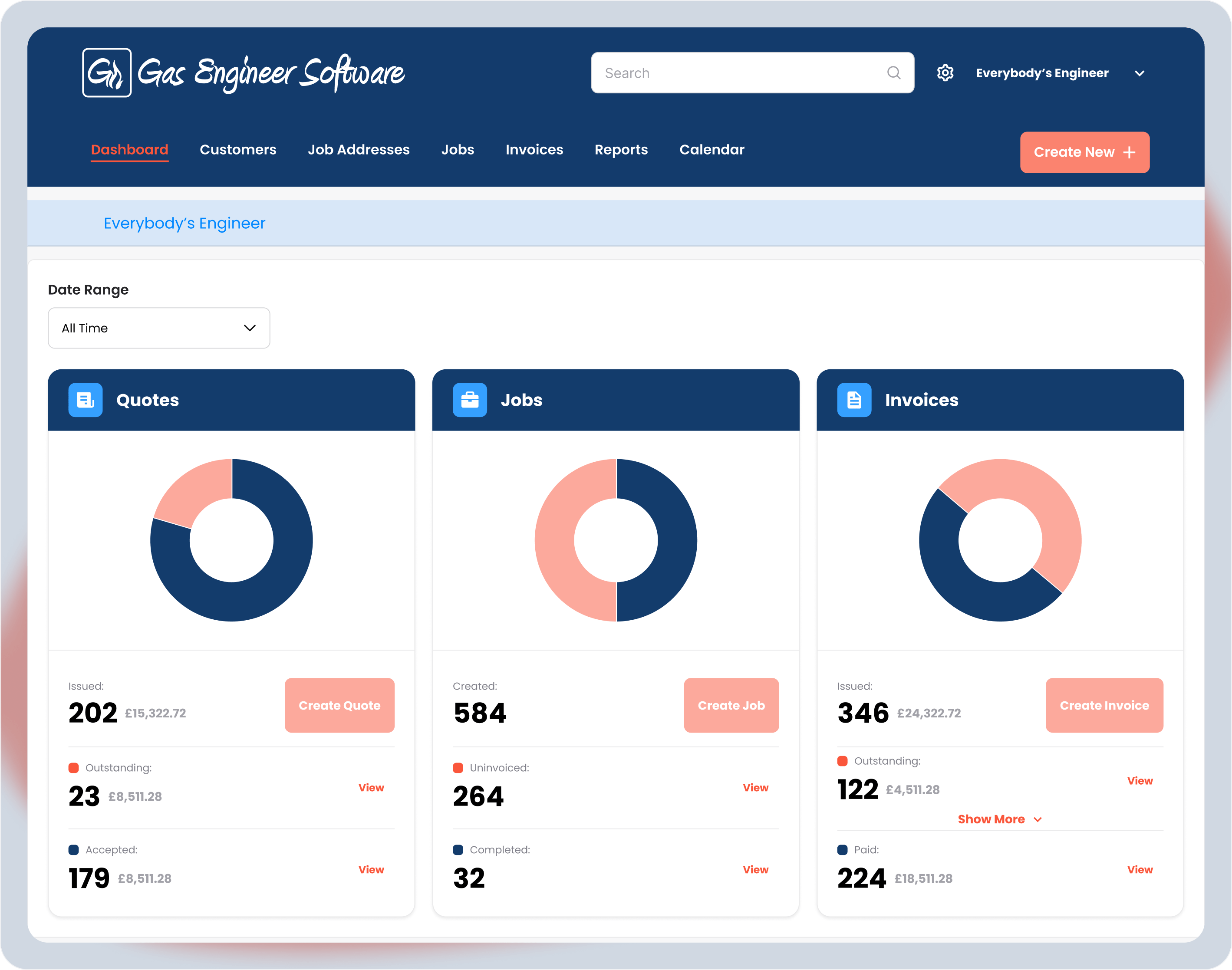
Step #3: Prepare your business
For example, a business showing steady growth will be far easier to sell. Likewise, one with organised internal operations, a loyal customer base, and lots of repeat business is far more valuable.
Because of this, selling a business can often involve some refinement of company strategy and operations.
Great tips include:
- Using software to make work more efficient and increase profit.
- Changing strategy to focus more on earning the trust of your customers, repeat business, and even long-term servicing contracts.
- Ensuring the business can run without you (go on holiday for a few weeks whenever you want to test this).
Read our article here about using your heating & plumbing business to hit your goals.
Step #4: Prepare all the documentation
- Financial records
- Tax statements
- Customer lists
- Customer contracts
- Contracts with merchants or suppliers
- Official valuations
- Assets & liabilities
- An internal operational handbook
Tip: Gathering all your business records is easy if they’re all stored and managed on software.
Step #5: Find a buyer
Once all this is ready, selling the business becomes much easier. In the trades, businesses or client lists are often sold to competitors. If you’re choosing this route, make sure you have non-disclosure agreements set in place.
You may also choose to work with a broker to find a buyer. This can simplify the process and help you find a wider range of potential buyers.
Common misconceptions about selling a trades business:
It’s bad for your customers
This misconception is common with smaller businesses and sole traders. The main concern stems from the fact that whoever buys your business or client list might not be as reputable or trustworthy as you were.
However, remember that if your business shuts down your customers will have to find a new business to work with. Selling your business offers you a say in who carries on for you and is less disruptive to your customers.
Sole trader businesses aren’t worth much
It’s easy to undervalue your business, especially if you work alone as a sole trader. According to Doug, who works with all sorts of trades businesses as a consultant, there is always value in a business – even if it’s just your order or client list.
For example, you could refer all of your current customers to a competitor which you respect, and charge them a fair price for it.
“To just shut it down without considering [selling] is a waste.”
– Doug D’Aubrey, ETC Limited
You can’t sell your client list
Especially with the new GDPR rules, there’s a bit of confusion about what you can and can’t do with your client list.
The most important thing to remember is that you are well within your right to sell your client list when you move on. This is because you are effectively selling the business with the client list as part of the business’ property.
Selling a business is more hassle than it’s worth
While it’s true that selling a business is more effort than shutting it down, it’s not always as complicated as it seems.
There are plenty of resources out there (including this article!) that detail the steps you need to take. The money you can make from selling a business will almost always outweigh the effort needed to organise it.
Plus, any employees you have won’t be out of a job if the business simply transfers ownership.
Next steps:
If you’ve been thinking about implementing software into your workflow to save time, here’s what you can do next:
- Visit our resources centre where you'll find more articles like this one and our free gas rate calculator.
- Start a free trial to see exactly how our software works for your business.
- Watch our video demo to get an idea of how our software works. You can also book a 1-on-1 session with our customer success team for a more personalised experience.
- Know an engineer who's still using paper? Help them and us out by sending our software their way!
